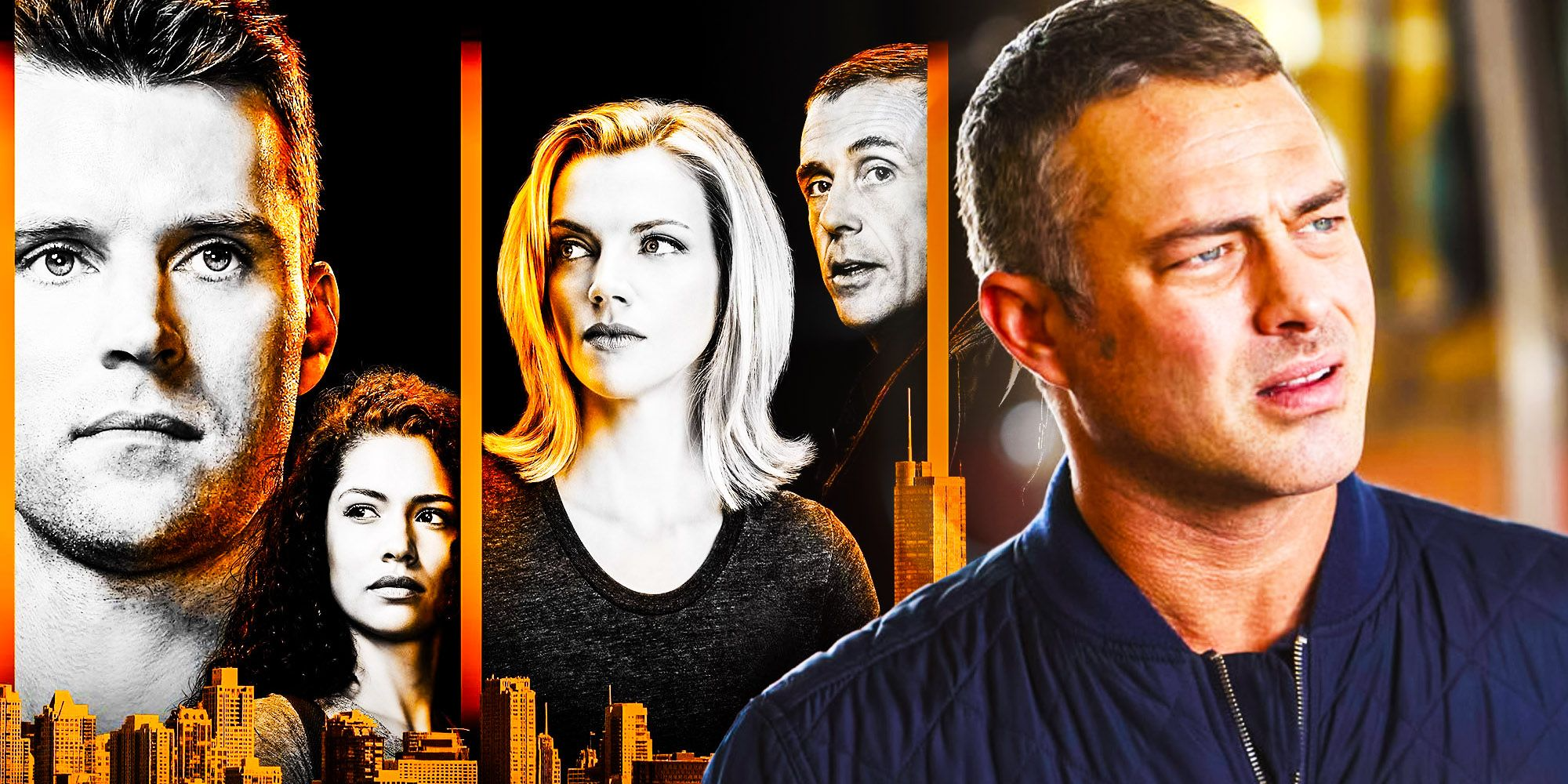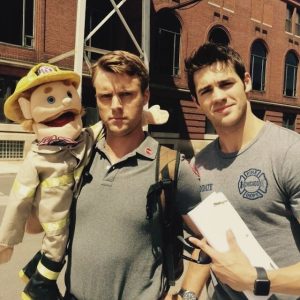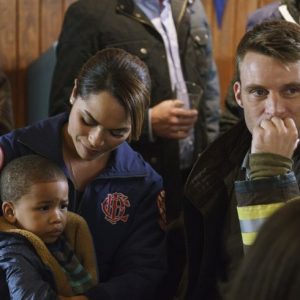A haunting investigation begins
The eighteenth episode of Chicago Fire Season 13, titled “Post-Mortem,” marks a somber return for Deputy Commissioner Wallace Boden, who steps back into the familiar halls of Firehouse 51—but not under pleasant circumstances. This emotionally charged installment opens with the firehouse reeling from a catastrophic house fire that has left one of their own, firefighter Jack Damon, hospitalized in critical condition. The cause of the incident is unclear, and Boden is tasked with leading an internal review to determine what went wrong and who, if anyone, is at fault.
The structure of the episode is carefully crafted, unfolding primarily through Boden’s interviews with members of the 51 team. As each character recounts the events of the fire, viewers are taken into a sequence of flashbacks, each adding another layer to the unfolding mystery. It’s a dramatic and effective way to tell the story, keeping tension high while peeling back emotional and procedural details in equal measure.
Firehouse 51 under the microscope
The first firefighter to be interviewed is Chief Dom Pascal. His account of the fire seems straightforward—until Boden begins to cross-reference it with Severide’s version of events. The inconsistencies between the stories begin to raise questions: Were decisions made too hastily in the heat of the moment? Was someone negligent? As Severide recounts his own actions, including a controversial call to send Damon deeper into the house to retrieve trapped residents, it becomes clear that there may have been a breakdown in communication—or worse, a lapse in judgment.
Kidd’s perspective offers a more personal insight. She speaks candidly about the emotional weight of the call, her instinct to protect the younger members of the team, and the dread she felt when Damon failed to respond over the radio. Her recounting of the moment they found him, unconscious and badly burned, is harrowing and highlights the life-and-death stakes the team faces every day.
Meanwhile, Herrmann brings his usual gravitas to the table. His interview shifts focus slightly from tactics to culture, emphasizing the bond between the team and the burden of knowing that, at any moment, things can go terribly wrong despite best efforts. His words underscore a theme that runs throughout the episode: when you work in fire and rescue, the line between heroism and heartbreak is razor-thin.
Emotional fallout and uncertainty

As Boden compiles the accounts and begins to piece together a timeline, he faces a moral and administrative dilemma. It becomes clear that no single person is solely to blame—yet the fire left a man fighting for his life. Damon’s situation casts a long shadow over the episode. Though he appears only briefly in a hospital scene, his presence looms large. The team is shaken, questioning their own roles in what happened and whether they could have done more to protect him.
The emotional impact is perhaps most profound on Severide, who wrestles with the possibility that his command decision may have contributed to Damon’s injuries. Though Kidd reassures him that his call was made under duress and with good intentions, the weight of leadership sits heavily on his shoulders. It’s a powerful reminder of the burden that comes with being in charge—one that Boden knows all too well.
A call to accountability—and unity
By the end of the episode, Boden reaches a decision. He tells the team that no disciplinary action will be taken, but that this tragedy must serve as a lesson and a call for renewed focus and unity. He reminds them that every call carries risk, but that trust in each other and their training is what keeps them going. There’s no neat resolution, no big dramatic flourish. Just a quiet understanding that they must carry on, together.
As Boden walks out of the firehouse, the camera lingers on the team gathered in silence, each member visibly processing the events. It’s a rare moment of stillness on a show often defined by explosive action, and it works. “Post-Mortem” stands as a powerful entry in Chicago Fire’s thirteenth season—not because of big rescues or cliffhangers, but because it dares to slow down and examine the aftermath of a tragedy.





